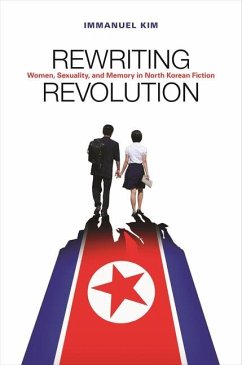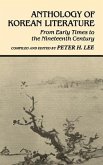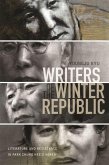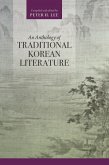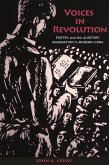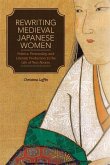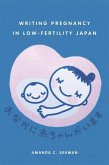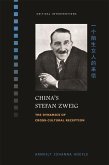North Korea, the Democratic People's Republic of Korea (DPRK), is firmly fixed in the Western imagination as a barbaric vestige of the Cold War, a "rogue" nation that refuses to abide by international norms. It is seen as belligerent and oppressive, a poor nation bent on depriving its citizens of their basic human rights and expanding its nuclear weapons program at the expense of a faltering economy. Even the North's literary output is stigmatized and dismissed as mere propaganda literature praising the Great Leader. Immanuel Kim's book confronts these stereotypes, offering a more complex portrayal of literature in the North based on writings from the 1960s to the present. The state, seeking to "write revolution," prescribes grand narratives populated with characters motivated by their political commitments to the leader, the Party, the nation, and the collective. While acknowledging these qualities, Kim argues for deeper readings. In some novels and stories, he finds, the path to becoming a revolutionary hero or heroine is no longer a simple matter of formulaic plot progression; instead it is challenged, disrupted, and questioned by individual desires, decisions, doubts, and imaginations. Fiction in the 1980s in particular exhibits refreshing story lines and deeper character development along with creative approaches to delineating women, sexuality, and the family. These changes are so striking that they have ushered in what Kim calls a Golden Age of North Korean fiction. Rewriting Revolution charts the insightful literary frontiers that critically portray individuals negotiating their political and sexual identities in a revolutionary state. In this fresh and thought-provoking analysis of North Korean fiction, Kim looks past the ostensible state propaganda to explore the dynamic literary world where individuals with human emotions reside. His book fills a major lacuna and will be of interest to literary scholars and historians of East Asia, as well as to scholars of global and comparative studies in socialist countries.
Hinweis: Dieser Artikel kann nur an eine deutsche Lieferadresse ausgeliefert werden.
Hinweis: Dieser Artikel kann nur an eine deutsche Lieferadresse ausgeliefert werden.

